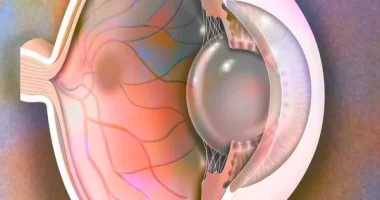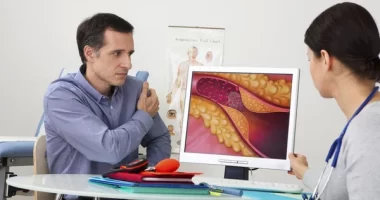On this World Suicide Prevention Day, we elaborate on what makes a person suicidal and what you can do to help.
Suicide is a major public health problem across the world today. According to official records, in 2019, India recorded over 139 thousand deaths due to suicides and a majority of suicides were reported in the state of Maharashtra, followed by Tamil Nadu. Globally, every 40 seconds someone in the world ends up taking their life. A majority (around 75 per cent) of the cases are from low and middle income countries and almost 90 per cent of people who end their lives suffered from some form of mental health condition. Moreover, a person with depression is 20 times more likely to commit suicide than someone without. Previous suicidal attempt or death in family due to suicide also increases the chance of suicide. On this World Suicide Prevention Day, we elaborate on what are the things that can make a person suicidal and what you can do to help if you come across such a person.
CAUSES OF SUICIDE
According to Dr Dr Santosh Bangar, Senior Consultant Psychiatrist, Global Hospital, Parel, there may be different reasons why a person commits suicide. He says that the major causes leading to suicide are:
Also read: No lasting benefit to tubes over antibiotics for childhood ear infections
Mental health
Mental health conditions like depression, bipolar disorder, substance misuse, schizophrenia, autism, ADHD, personality disorders, anxiety disorders, eating disorder and chronic insomnia can all lead to suicidal tendencies. According to a study from Karolinska Institutet published in the journal Molecular Psychiatry, Obsessive Compulsory Disorder (OCD) is another condition that can lead to suicide. In fact, researchers of this study says that OCD patients are 10 times more likely to commit suicide.
Socialreasons
Job loss or financial debts, relationship breakdown/divorce, abuse, bullying or harassment, recent bereavement may sometimes drive a person to end his or her life.
Physical health
Longstanding pain, cancer, brain injury, Huntington’s disease and other progressive neurodegenerative disorders may also lead to suicide. A study published in the American Journal of Preventive Medicine says that 17 physical health conditions, including back pain, diabetes and heart disease, may increase the risk of suicide. In two of the conditions, sleep disorders and HIV/AIDS, there is a greater than twofold increase, and traumatic brain injury patients are nine times more likely to die by suicide.
Also read: Adam Woodyatt weight loss: EastEnders’ Ian Beale shares fitness regime
WARNING SIGNS OF SUICIDE TO LOOK OUT FOR
Dr Bangar further says that if we are alert to the signs that a suicidal person displays, we may be able to avert a tragedy.
According to him, as depression is a common cause of suicide, a suicidal person may manifest features of depression. If you come across someone who voices suicidal ideas or spends hours thinking about it or researches for ways to end their life, you must take it seriously. Also be alert to other signs. Some people may plan ahead and give away valuable possessions, they may write a Will or a suicide note or send a goodbye message. If you see these signs in anybody, take action immediately. However, sometimes, somebody may also decide to end their lives at the spur of the moment. An attempt may also be made in isolation or at night to avoid discovery.
LEND YOUR SUPPORT
You never know who has suicidal thoughts. But if you come across anybody who displays suicidal tendencies, you can lend your support in the following ways.
- Encourage the person with suicidal thoughts to talk about their feelings. This does not increase the chance of taking their life.
- Listen to them in a non-judgmental manner.
- Encouraging them to share their thoughts can defuse the situation.
- A gentle and non-confrontational approach is crucial at such a sensitive situation.
- Ensure their safety by removing any obvious self-harming item, like a noose, tablets or sharp object.
- Connect them to an appropriate service, like a Helpline or Psychiatrist
- Taking them to the nearest hospital to get urgent professional help can be lifesaving.
Dr. Bangar says that identifying depression early is crucial. With early treatment, depression is treatable. A combination of medication, psychological therapy and social intervention is recommended for effective treatment of depression.
This post first appeared on The Health Site








